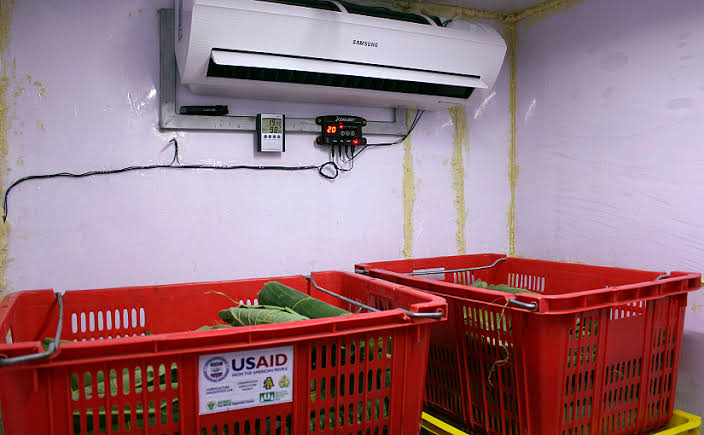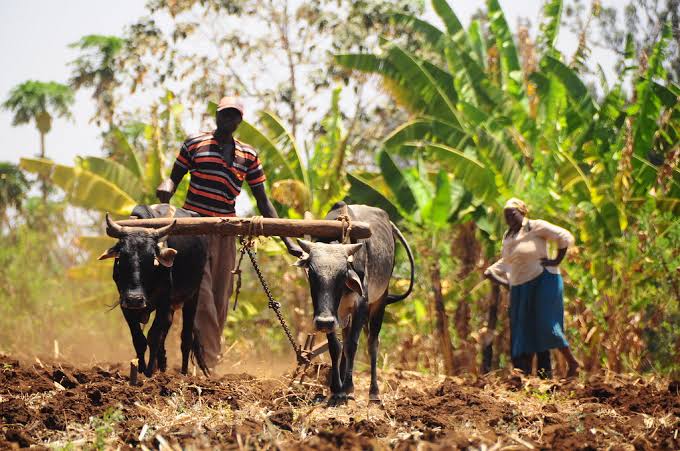
By George Munene
The Kenya Commercial Bank, Kenya’s biggest bank by assets, plans to strengthen its lending in agriculture, energy, infrastructure, and housing projects. This according to Chief Executive Officer Joshua Oigara should contribute to the bank’s loan book growing by as much as 20 per cent in the coming year.
The bank also plans on issuing the nation’s first green bond by a commercial lender in 2022, “A green bond is one of the key actions we are looking at in our market,” Oigara said in an interview on Thursday. “We are probably the most ready institution to move in that direction in the coming year.”
Related News:Kenyan insurer buoys smallscale farmers with low-cost insurance
This is in pursuit of its green ambition and in the wake of the 2021 United Nations Climate Change Conference, also known as COP26, in which the Group joined other global institutions in signing up to a Net Zero emissions target by 2050.
The Nairobi-based bank with operations in six eastern African markets is training employees to check customer’s environmental and social impact before lending. KCB expects loans for climate-friendly projects to account for 25% of its total loan book by the end of 2024, from 7%, according to Oigara.
Related News: KCB sets out to launch 28,000 greenhouses for youth to earn a living
Related News: Family Bank, USAID Sh500M project to finance agribusinesses
He was speaking while announcing 131% jump in net profit from Sh.10.9 billion in 2020 to Sh.25.2 billion this year which the bank said was driven by higher income and reduced provisions as recovery from the COVID-19 pandemic accelerated in the third quarter of 2021.
Write comment (0 Comments)

















